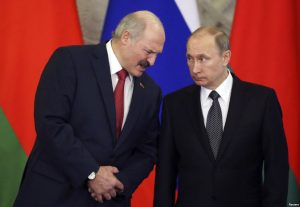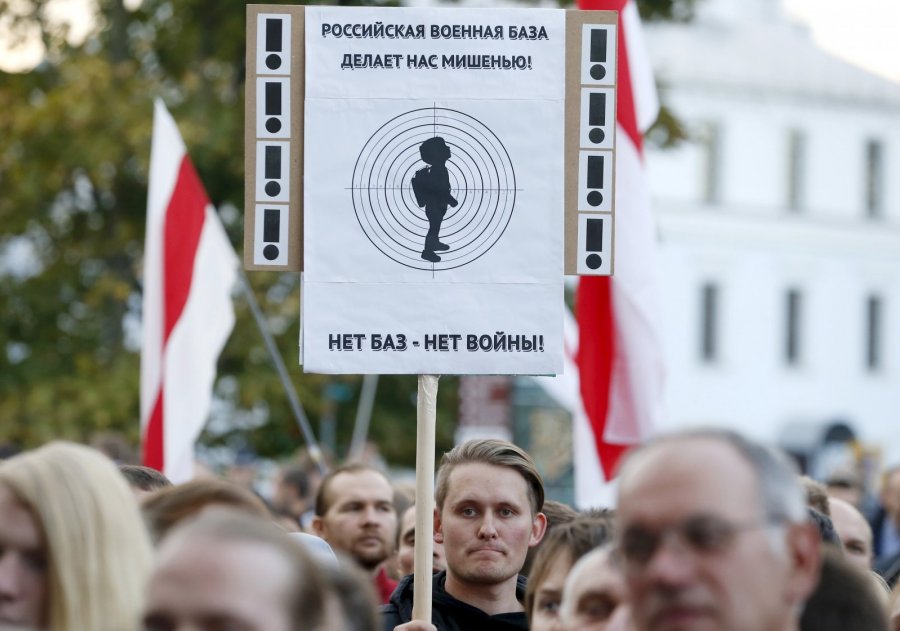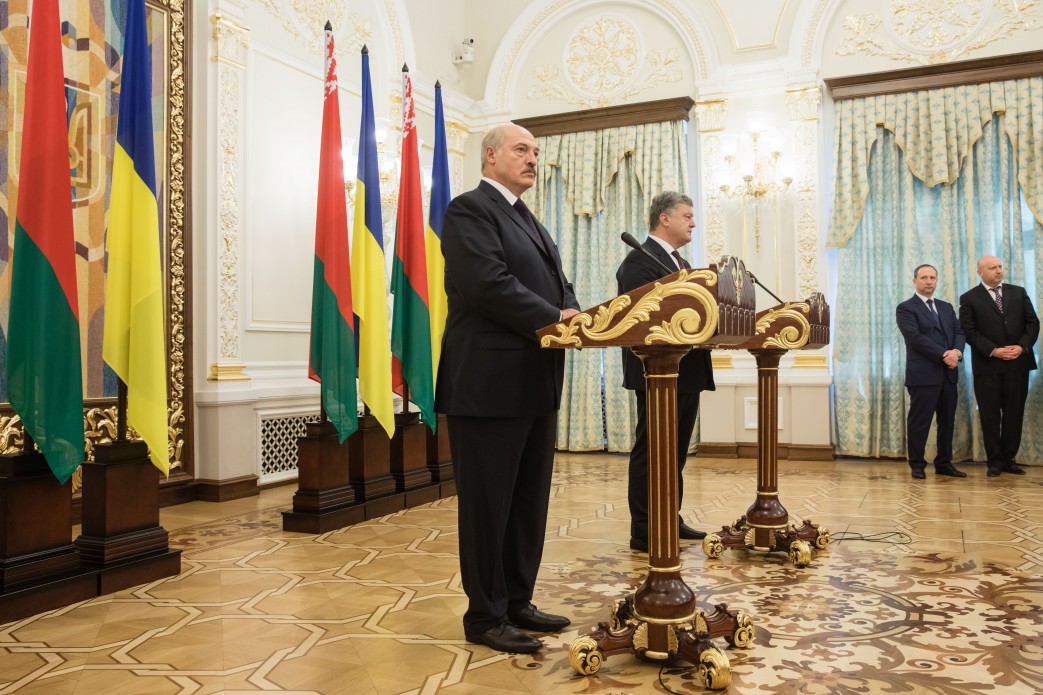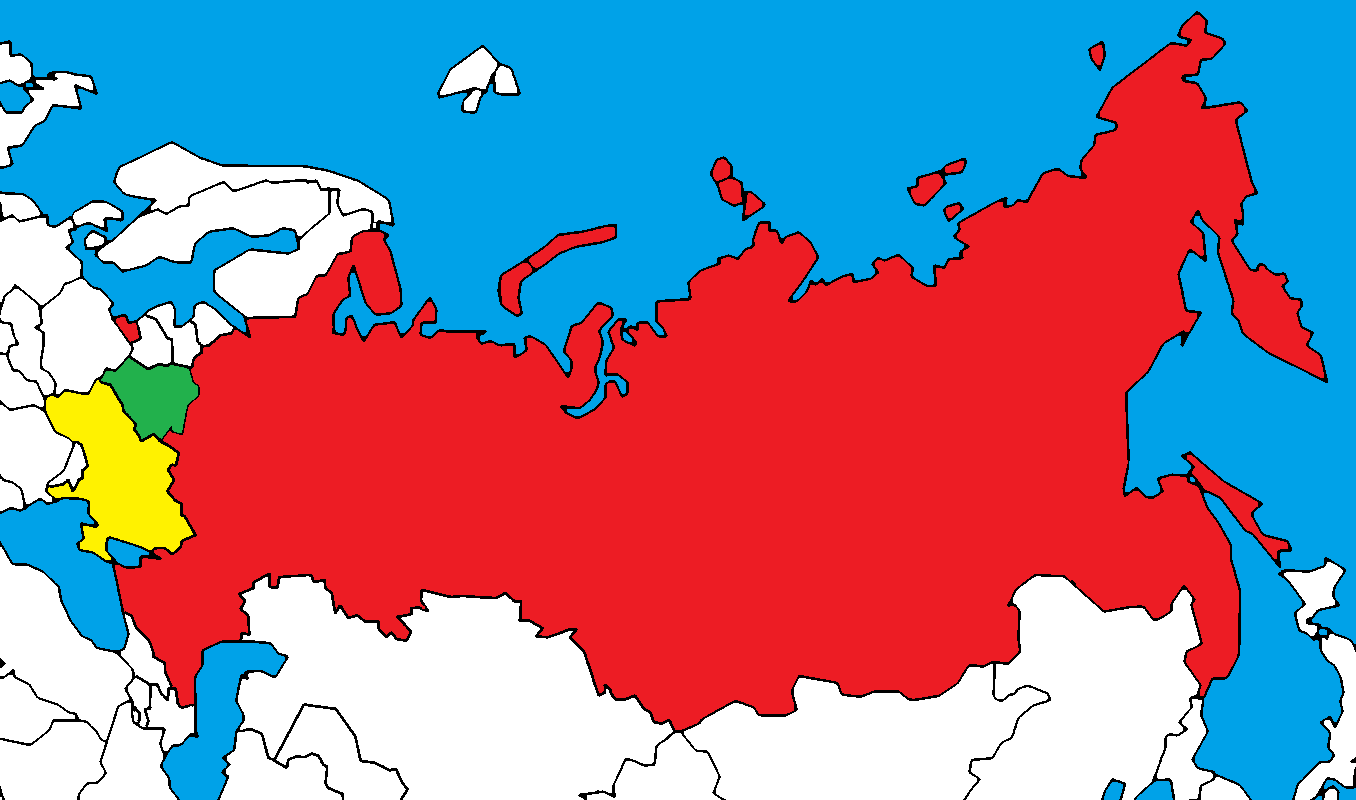For Vladimir Putin, Viktor Kaspruk argues, “Ukraine is the key to a future Russia or more precisely a future Russian Empire,” and consequently, even if he has lowered the temperature in the Donbas in recent weeks, the Kremlin leader is likely to renew his attacks on Ukraine next year having first moved to annex Belarus.
In a commentary for Radio Liberty’s Belarusian Service, Kaspruk argues that “if Putin begins thinking about opening a second front for an attack on Ukraine, then it would not be possible for him to find a better place des armes for that than a Belarus occupied by Russia.”
Such a move, the Ukrainian political analyst says, would be extremely popular in Russia. “On a wave of hurrah patriotism, euphoria from ‘getting up from its knees,’ and the PR bombing in Syria, the consciousness of Russians has completely atrophied. Therefore it would support with joy the next political adventure of Putin – the return of Belarus ‘home’ to Russia.”

There are already signs that the Kremlin leader is preparing for just such a move. Kaspruk points to the attacks on Lukashenka that have appeared in Kremlin-controlled media and the dispatch already of “’little green men’ to Belarus under the guise of protecting Russian military objects on its territory.”
Such units could quickly link up with pro-Moscow officials and people in Belarus and then “take under their control state institutions and strategic objects in Mensk and key industrial cities.” After which time, a new government would declare that it wants to realize the ideas of the “union state” between Russia and Belarus by being absorbed by the Russian Federation.
Lending support to this argument is that over the last month, Russian embassies in Lithuania, Poland, and Latvia have organized conferences on the “union state” between the Russian Federation and Belarus.
On the one hand, these conferences have led analysts in these countries to be dismissive of the idea that the union state is anything but “a chimera” without any future.
But on the other hand, such meetings appear intended simultaneously to test the waters in their neighboring countries about new Russian moves in this direction and to put additional pressure on Belarus by signaling that some in Moscow are thinking about taking steps to make a Russian version of “the union state” a reality.








